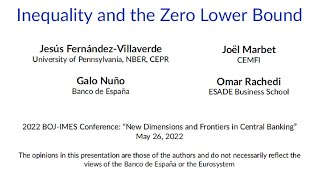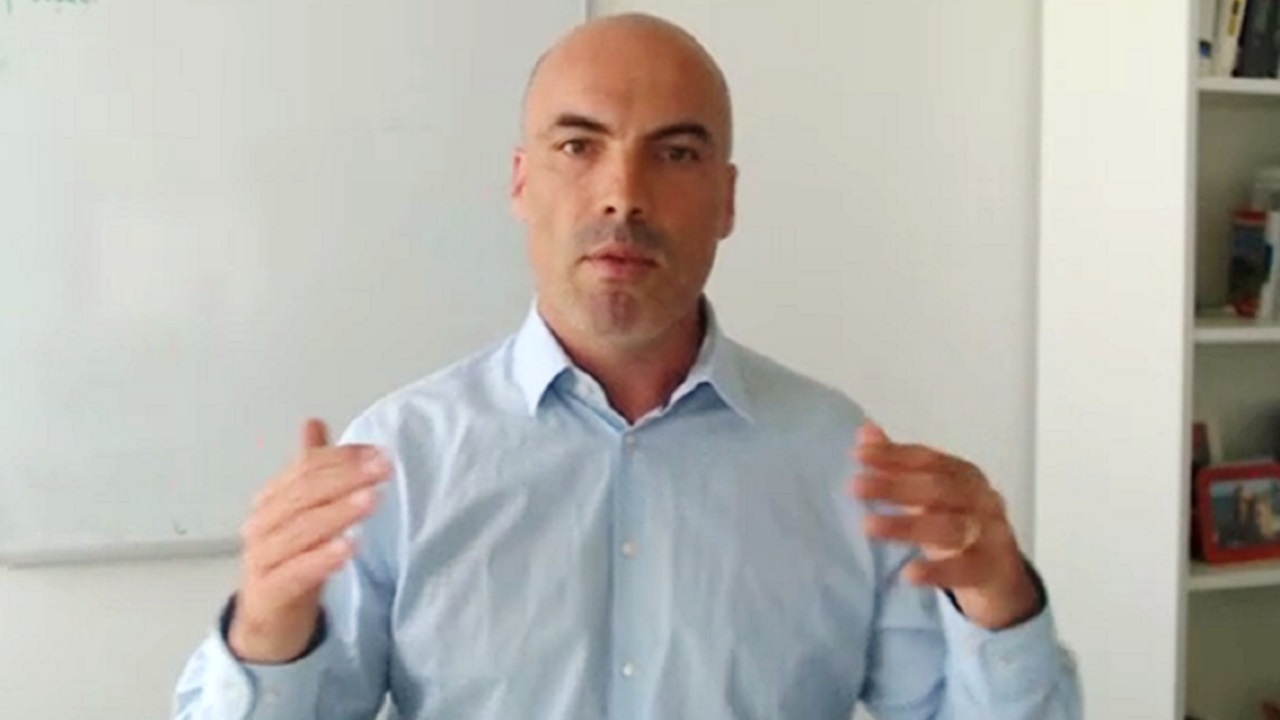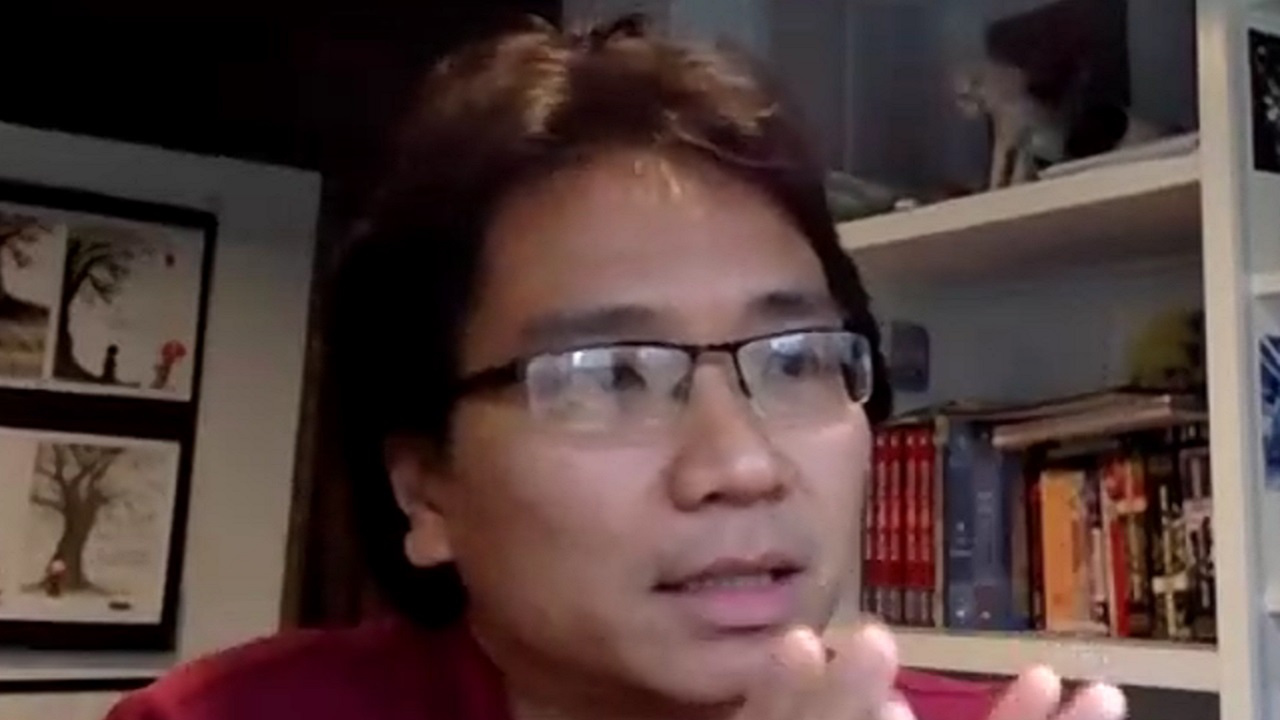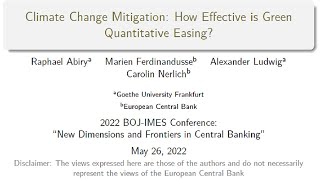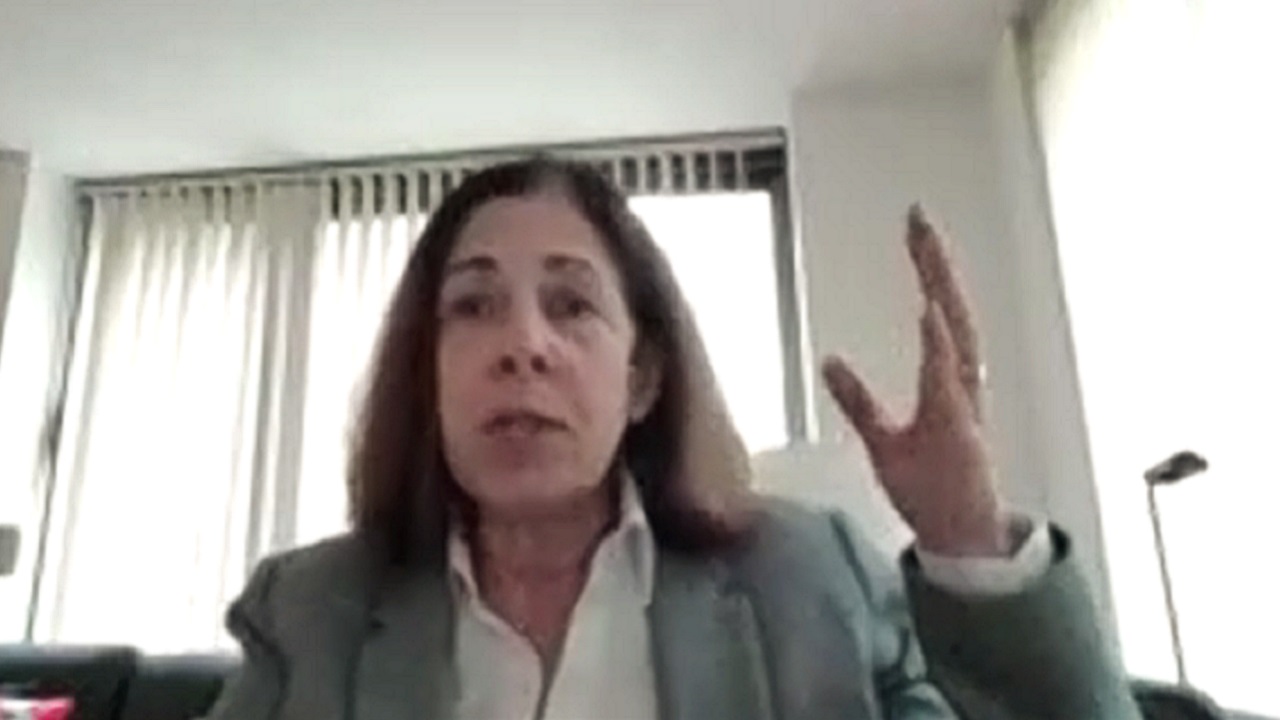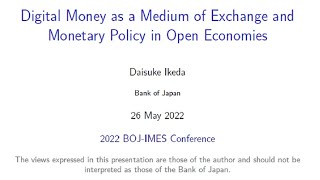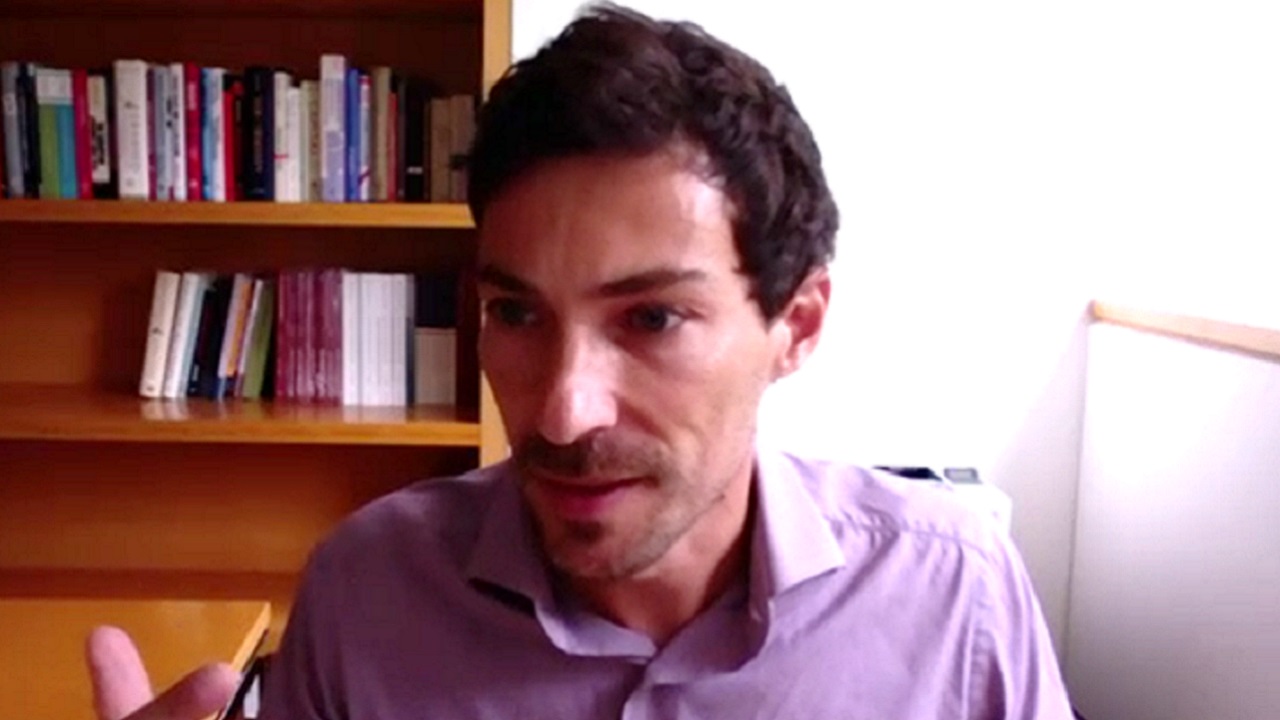
The Institute for Monetary and Economic Studies (IMES) of the Bank of Japan (BOJ) held the 2022 BOJ-IMES Conference, with the theme titled "New Dimensions and Frontiers in Central Banking," on May 25–27, 2022. This was the 27th conference since its start in 1983, and was held online as last year. It covered a wide range of issues on new dimensions faced by central banks and frontiers that they are developing. [Program]
1. Opening remarks
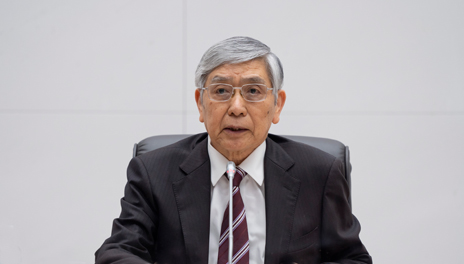
In the opening remarks, Haruhiko Kuroda (Governor, BOJ) first posed two challenges currently facing central banks: a surge in inflation and an increase in geopolitical risk. In addition, he pointed out three areas of frontiers for central banks: structural change in the economy, climate change responses, and the transformation of the monetary system. He argued that, to develop these frontiers and address challenges in a rapidly changing world filled with uncertainty, central banks need to be nimble, agile, and smart. ( Video / English [48KB PDF] )
2.Mayekawa Lecture
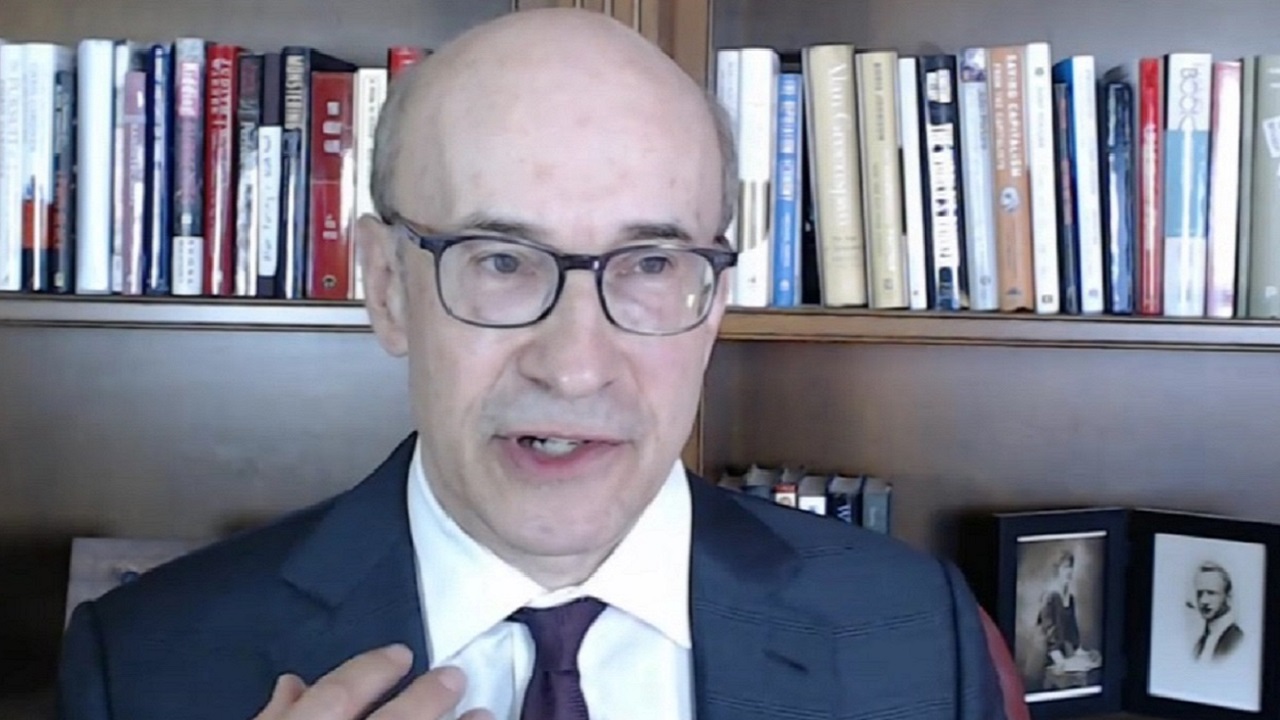
In the Mayekawa Lecture, Professor Kenneth S. Rogoff (Harvard University) discussed central bank independence and its challenges. First, he pointed out that the zero lower bound on interest rates had undermined the effectiveness of monetary policy and this had increased political pressures on central banks over the past decade. Next, he argued that the recent trend toward deglobalization might have negative impacts on inflation stability by reducing price flexibility and facilitating monopoly power, leading to intense pressures on central banks.
In addition, he argued that the advent of digital currencies had exerted pressures on the effectiveness of central bank instruments and this might require much stronger regulations on private digital currencies. He concluded that the world had arrived at a new era of political economy, where having independent central bank had taken on new importance, but, to deal with the significant political and technical changes that they were facing, central banks too needed to innovate. ( Video / English [118KB PDF] )
3.Keynote speech

In the keynote speech, Professor Carl E. Walsh (University of California, Santa Cruz, Honorary Adviser to the IMES) first pointed out that central banks in major economies had been slow to react to recent inflation surges. He investigated the consequences of policy delay and argued that the costs of delay are relatively small if inflation expectations are firmly anchored, but that delay could be costly otherwise.
He also argued that policy makers seemed to be ignoring lessons from the literature to overestimate the persistence of inflation and to react aggressively in the face of uncertainty about inflation persistence. Moreover, he added that the FRB had recently established an asymmetric and unmeasurable objective for a more inclusive recovery that opens it to political pressures and imparts an inherent inflationary bias to policy. He concluded that, if inflation does not return to target, re-establishing a low-inflation environment might require a costly recession. ( Video / English [1,261KB PDF] )
4.Policy panel discussion
The policy panel discussion, moderated by Masazumi Wakatabe (Deputy Governor, BOJ), had four panelists: Pierre-Olivier Gourinchas (Economic Counsellor and Director of the Research Department, International Monetary Fund), James Bullard (President, Federal Reserve Bank of St. Louis), Philip R. Lane (Member of the Executive Board, European Central Bank), and Benjamin E. Diokno (Governor, Bangko Sentral ng Pilipinas). They discussed a broad range of issues on new dimensions and frontiers in central banking. The topics included a recent surge in inflation and the response of monetary policy, and central bank mandates and independence.
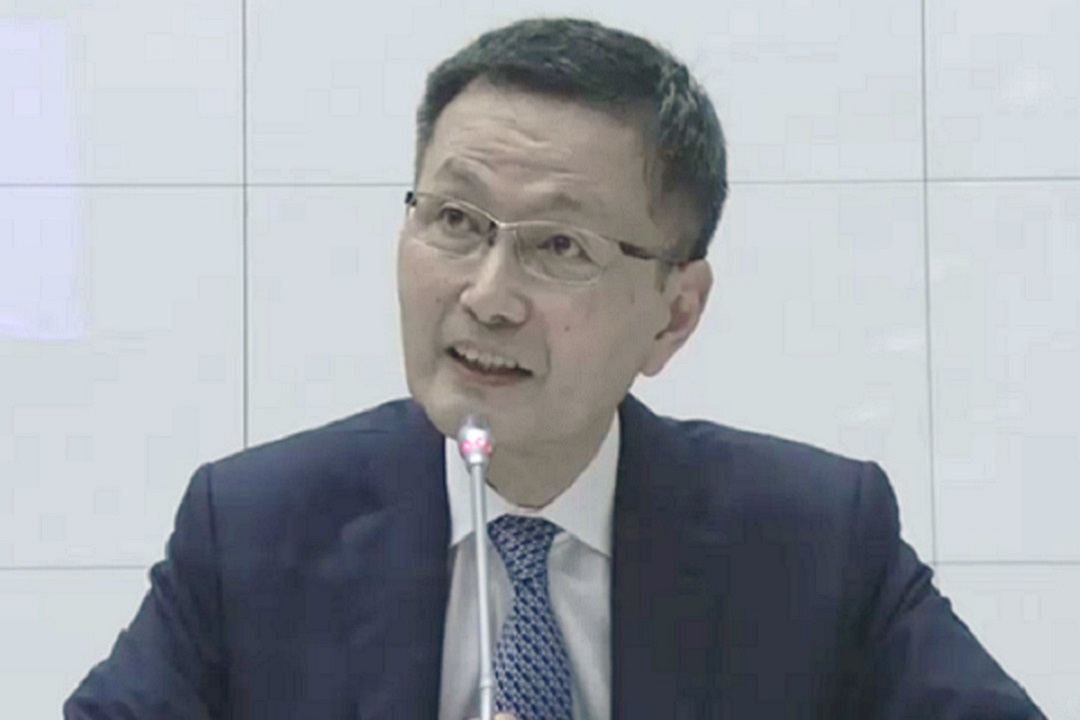

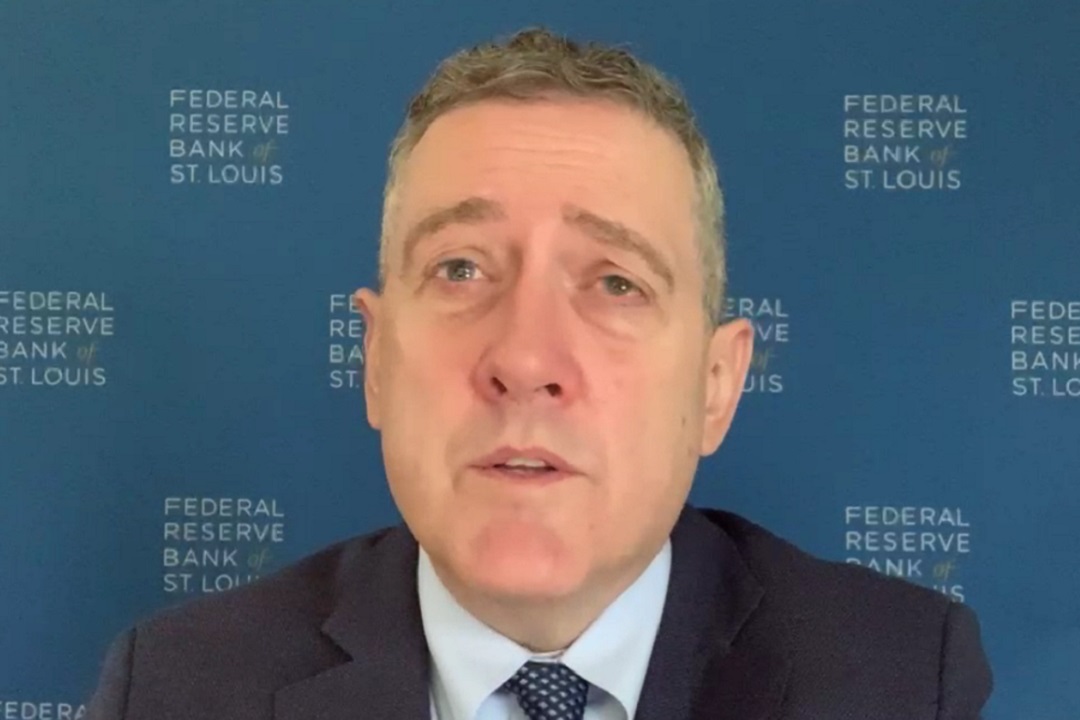
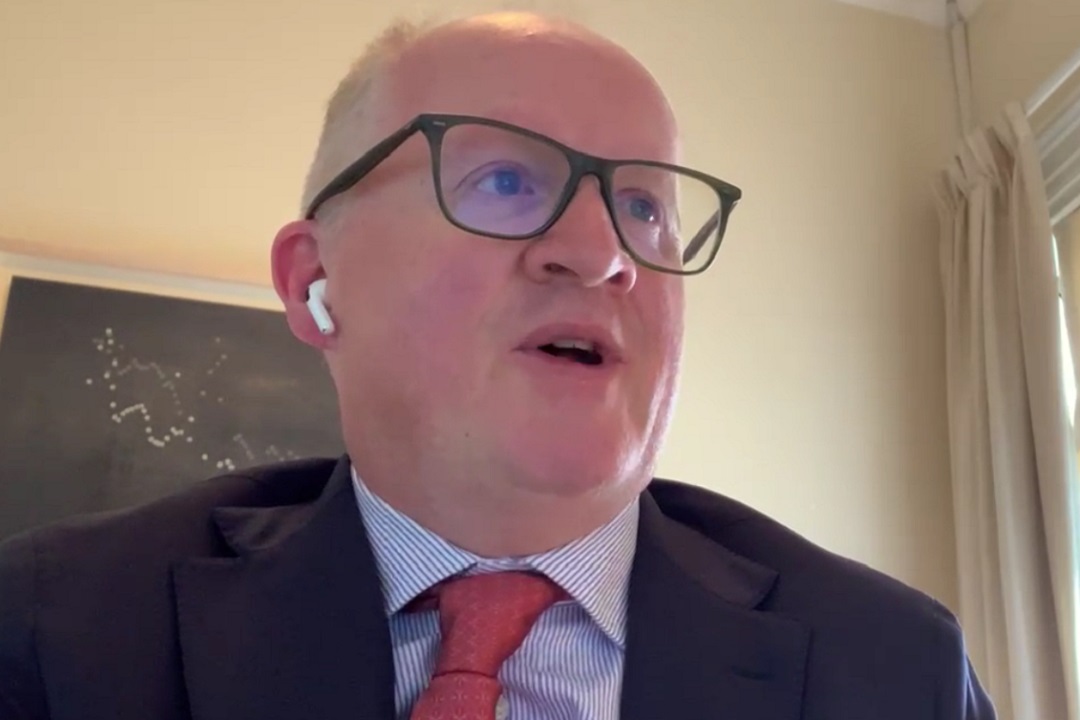
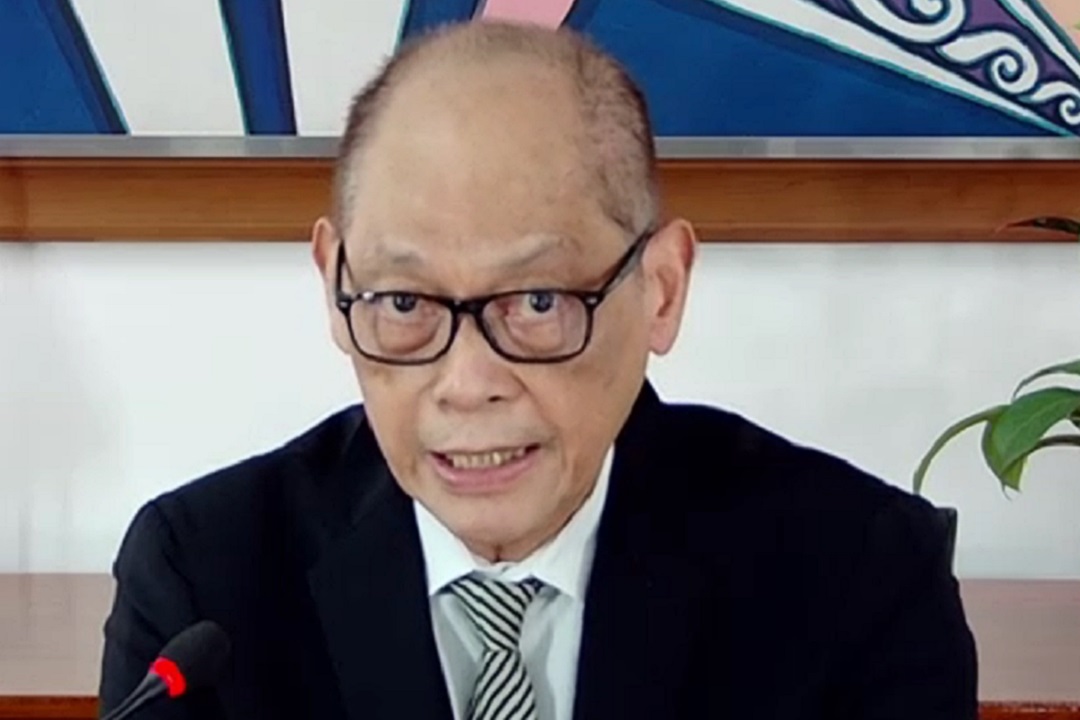
5. Paper presentation sessions
In the paper presentation sessions, four cutting-edge papers on monetary policy related to economic inequality, climate change, digital currencies, and the automation of the economy were presented and discussed by conference participants.
6. Concluding remarks
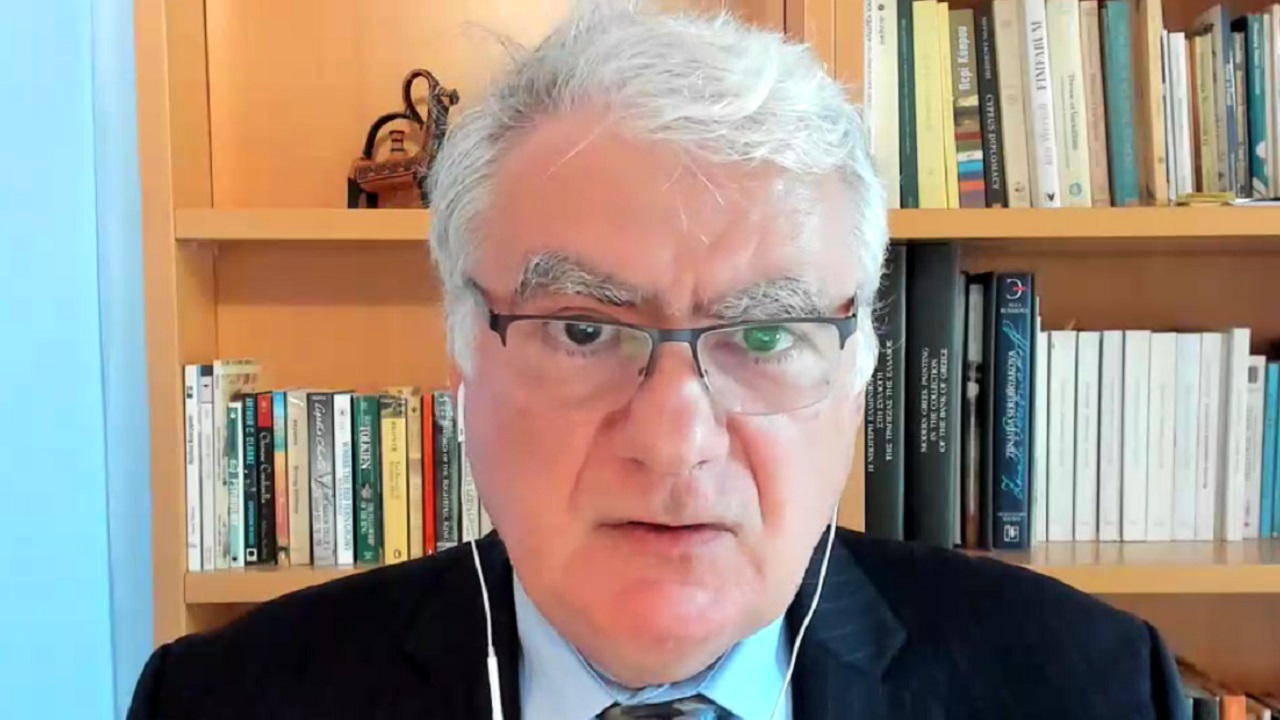
In the concluding remarks, Professor Athanasios Orphanides (Massachusetts Institute of Technology, Honorary Adviser to the IMES) summarized the issues raised in each session. He concluded his remarks highlighting the importance for central banks to continue focusing on maintaining price stability.


